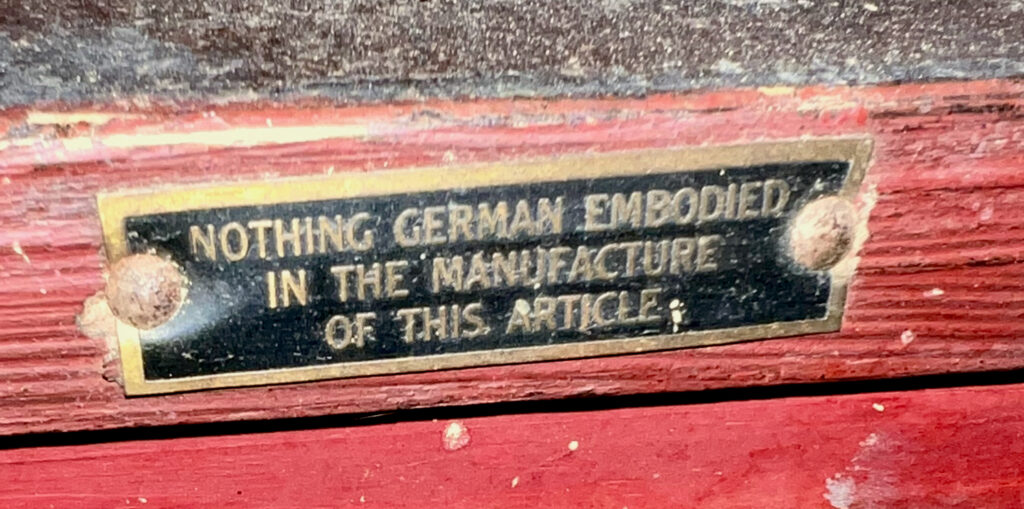Yes, of course racism played a role in the WWII era of Ella’s War. In the novel, it serves the circumstantial role of realism but it abounded.
We see Levotas, who is Ella’s Black farmhand, and the struggles of his community, with which Ella tries to help, as a minor story element. More visibly, though — because of Dieter’s prominence in the tale — we see the hatred toward Germans, on the part of many Americans. Of course, it’s understandable given the cataclysm that nation wrought upon the world during that period. The Reich’s atrocities were steadily becoming clearer and, more immediate for the populace Stateside, hundreds of Americans died on average per day in the fighting across those years of that war.

Resentment against all things and all people German ran deep at that time, as it did for all symbols and person’s Japanese. In the U.S., disdain for German names, German food, German anything permeated society. And in the novel, we see Dieter and his fellow POWs in the U.S. contending with it and to some extent in danger from it.
The same sentiment prevailed in World War I. I live in an older suburb of Philadelphia, built up around the turn of the century, and our community was heavily impacted by that conflict. In just the eight-block or so radius of our immediate neighborhood, forty some men served in that war.
Visiting our neighbor once, we noticed an old piece of furniture from the time in her basement. It had a small brass tag that indicated that no German materials or labor were involved in the manufacture of the item (image below.) Such considerations were important to Americans at that time.

In this kind of atmosphere, Ella must contend with a German POW as a core part of the small team on her farm. To make matters worse, he’s a surrendered crew member from one of the U-boats that has preyed on ships just miles off their Delaware coast.
In a future blog post, I’ll discuss how these views from the time — still present today in some ways in our historical impressions — influenced how I wanted to depict Dieter Schneider in Ella’s War.